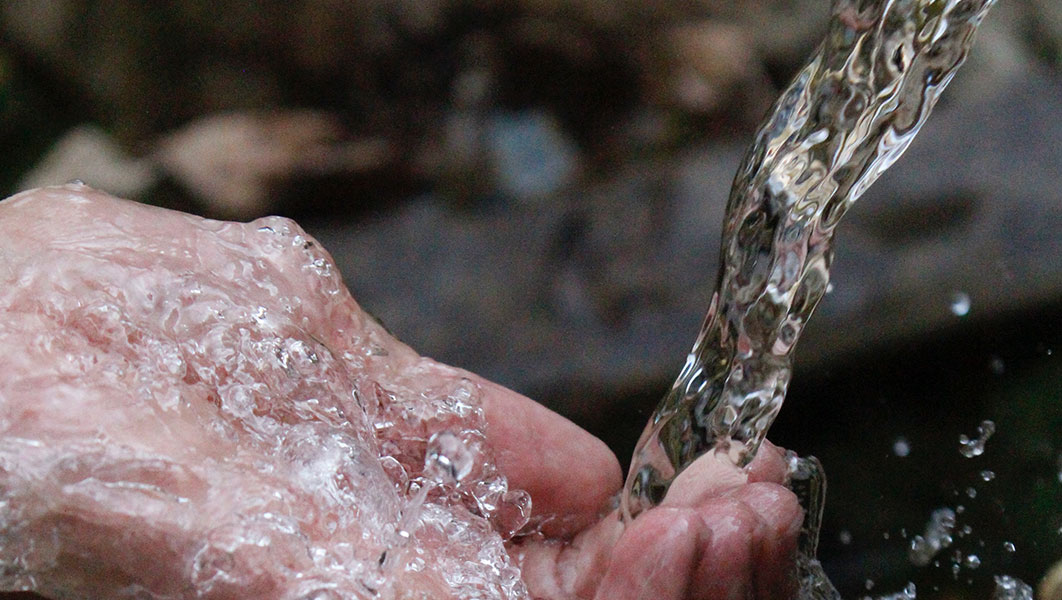There are several ways to obtain clean water, including filtering and chemical treatment. However, one recommended effective method is to use a UV disinfection machine. The machine uses ultraviolet light to destroy harmful bacteria, viruses, and parasites that may be present in the water. It’s a reliable and chemical-free way to disinfect water which safe to drink. UV disinfection machines are commonly used in water treatment plants, hospitals, and homes to purify water.
Ultraviolet (UV) disinfection systems are gaining popularity due to their ability to effectively eliminate harmful microorganisms, including bacteria, viruses, and protozoa, from water. These intelligent systems purify water using ultraviolet light, which disrupts the DNA of microorganisms and destroys their ability to reproduce or infect humans. The resulting purified water is free from harmful microorganisms, reducing the risk of waterborne diseases and infections.
Moreover, UV disinfection systems are an eco-friendly alternative to chemical disinfection methods. Unlike other chemical-based systems, UV treatment does not introduce harmful chemicals to the environment or leave behind toxic residues in the water. UV systems also have low carbon footprints as they operate using electricity, which can be generated from renewable sources. The systems require minimal maintenance and are easy to install, making them cost-effective in the long run.
UV systems are versatile and can be used in various applications, such as residential, commercial, and industrial settings. They are effective in treating water for various purposes, including drinking, swimming pools, aquariums, agriculture, and waste water. The systems are reliable and can run continuously without interruptions, providing a constant supply of clean water.
In conclusion, UV disinfection systems are becoming an essential part of modern water treatment systems, providing reliable, eco-friendly, and cost-effective ways of disinfecting water. UV systems have numerous benefits over traditional disinfection methods, such as chemical disinfection, making them a popular choice for users seeking to reduce the risk of waterborne diseases and infections.
Post time: Mar-15-2023


